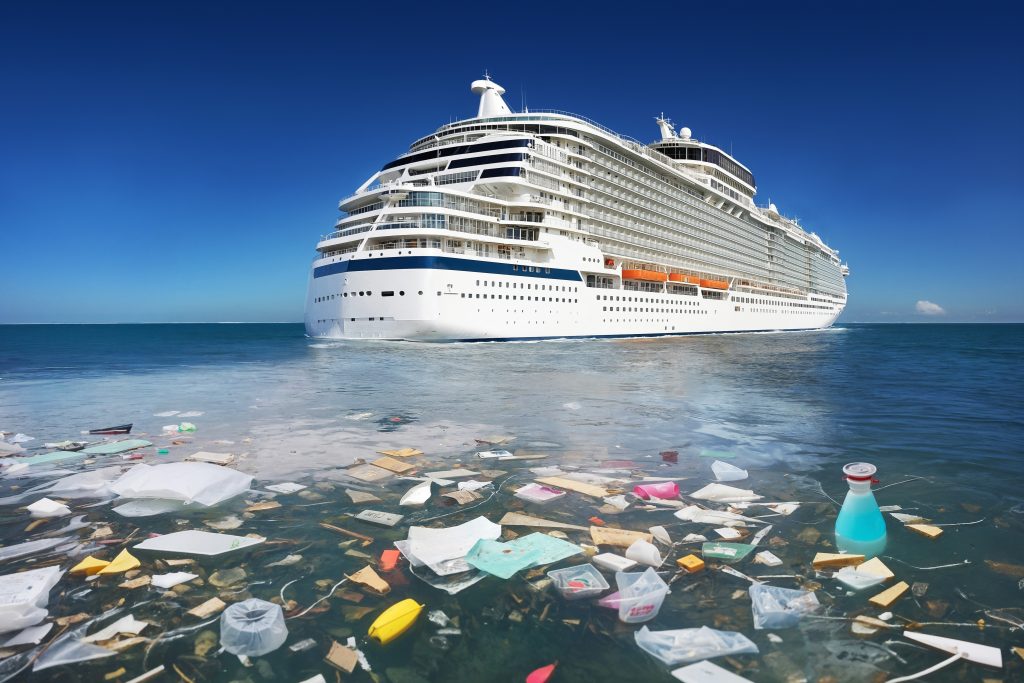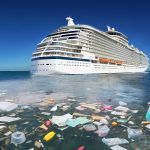In recent years, the cruise industry has undergone a remarkable transformation towards sustainability, with a particular focus on managing food waste. Cruise ships, often synonymous with luxury and indulgence, have been increasingly adopting innovative solutions to tackle their environmental footprint. Among these advancements, the integration of food waste biodigesters stands out as a game-changer, promising not only to reduce waste but also to contribute significantly to eco-friendly operations.
Understanding the Challenge
Cruise ships are known for their lavish buffets and culinary delights, catering to thousands of guests every day. However, this abundance comes at a cost, as it generates substantial amounts of food waste. Traditionally, disposing of this waste has presented a significant challenge for cruise liners, often resulting in environmental concerns and logistical complexities.
Introducing Food Waste Biodigesters
Enter food waste biodigesters – cutting-edge technology designed to address this pressing issue. These biodigesters offer a sustainable solution by efficiently breaking down organic waste, such as food scraps and leftovers, into valuable byproducts like compost and biogas. Unlike conventional disposal methods, biodigesters not only minimize environmental impact but also present opportunities for resource recovery and energy generation.
Benefits for Cruise Ships
For cruise ships, integrating food waste biodigesters brings a myriad of benefits:
- Environmental Sustainability: By diverting organic waste from landfills and incinerators, biodigesters help reduce greenhouse gas emissions and minimize ecological damage. This aligns with the industry’s commitment to sustainability and responsible tourism practices.
- Cost Efficiency: While the initial investment in biodigester technology may seem significant, the long-term savings are substantial. Cruise liners can reduce waste management expenses, decrease disposal fees, and even generate revenue by selling compost or utilizing biogas for onboard energy needs.
- Enhanced Reputation: As environmental consciousness becomes increasingly important to travelers, cruise lines that prioritize sustainability gain a competitive edge. Implementing biodigesters not only demonstrates a commitment to environmental stewardship but also enhances the brand’s image and attracts eco-conscious passengers.
- Regulatory Compliance: With stricter regulations governing waste management and emissions, cruise operators face growing pressure to adopt sustainable practices. Biodigesters offer a compliant solution that helps meet regulatory requirements while fostering a culture of corporate responsibility.
The Future of Sustainable Cruising
The adoption of food waste biodigesters represents a significant step forward for the cruise industry in its journey towards sustainability. As technology continues to evolve, so too will the efficiency and effectiveness of these systems. Moreover, as more cruise lines embrace biodigesters, economies of scale will drive down costs, making sustainable practices accessible to all.
Conclusion
In conclusion, the integration of food waste biodigesters heralds a new era of sustainability for cruise ships. By transforming organic waste into valuable resources, these innovative systems offer a win-win solution for both the environment and the industry. As cruise lines strive to meet the evolving demands of conscientious travelers, biodigesters emerge as a cornerstone of responsible and eco-friendly operations. With continued innovation and investment, the future of cruising looks brighter and greener than ever before.



